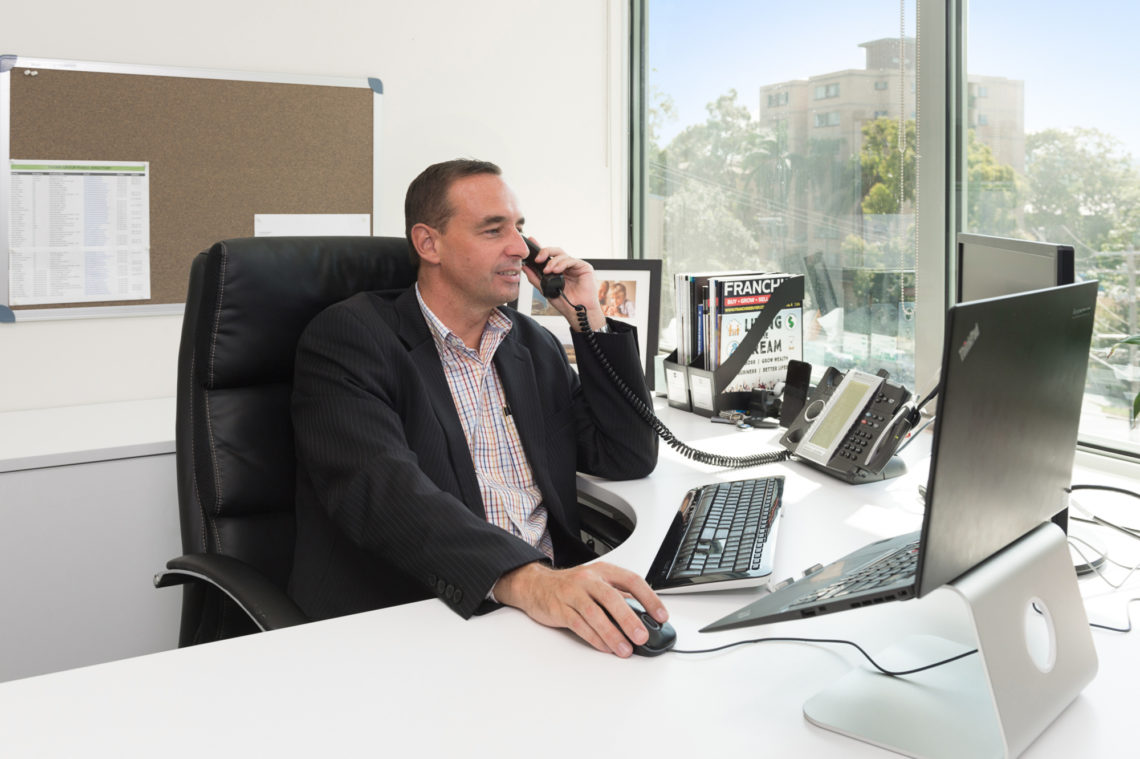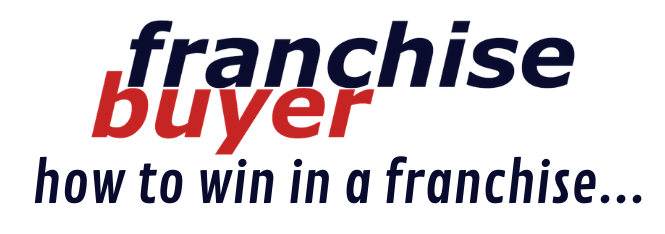July 02, 2019
Understanding If You Can Afford A Franchise
Unfortunately, many potential franchise owners begin looking into ownership opportunities with a lack of knowledge regarding what they can actually afford.

Franchising is a great opportunity for many people who are looking to delve into the world of small business ownership, enjoying the flexibility of being their own boss, but with the backing of a proven business model. However, to ensure that you can take a franchising opportunity and turn it into a successful long- term operation, it is important to have an in depth understanding of the impact owning a business will have upon your financial position.
Unfortunately many potential franchisees begin looking into ownership opportunities with a lack of knowledge regarding what they can actually afford. This can be for many reasons including a poor understanding of their own financial position, or unrealistic information surrounding what the start-up investment for a franchise business really is. Striving to gain a better understanding of what the initial financial cost will be is vital, and will likely impact the type of franchise you consider purchasing, as well as your ability to access the finance you need to buy it.

Understanding The Real Start-Up Cost
The first step in deciphering what the real start-up cost of your potential franchise business will be is to have an in depth read of the Franchise Disclosure Document provided by the franchisor. This document should outline everything you need to know about the business, including franchise fees, real estate costs, equipment expenses, inventory requirements and any necessary insurance. As well as outlining all of the major initial expenses, this document should give an indication as to ongoing fees or royalties to be paid to the franchisor, which is an important consideration for long- term sustainability.
While the Franchise Disclosure Document will outlay all of the obvious costs, the expenses to the business owner do not stop there. It is the forgotten ‘extra’ costs that can often land new franchisees in hot water. Setting up a business is a process, and throughout that process many additional costs and fees can really add up. Expenses such as legal and accountant fees, stamp duty, finance application fees and most importantly working capital can often be overlooked.

Understanding Your Financial Position
Now that you have a better idea of the dollar figure your franchise is going to cost you, it is time to take a look at your own financial position. It is important that the money you contribute to the purchase of a franchise is an amount you can realistically afford.
If you’re not quite sure how much flexibility you have in your finances, enlisting the help of an accountant or business advisor can help provide some much needed insight. Investing all of your savings, or taking out a loan for more than you can repay, will put you and your franchise in a precarious financial position. Most franchisees find that striking a good balance between utilising outside finance and investing their own savings sets them up for success.
Understanding Your Loan Options
Almost all prospective franchisees will turn to outside financing in order to get their business up and running. There are a broad range of lenders available that all offer an abundance of finance solutions designed to meet the varied needs of small business owners. The type of franchise you are planning to open and the level of funding you require will have an impact upon which of these lending options will best suit you.
Franchise partners hat belong to well known and reputable franchise brands that sport a good track record on the sales front will likely be able to gain access to finance with minimal barriers. However, you must remember that gaining access to finance is not always a given. Many franchise owners find success in financing with alternative lenders, who are known for offering more flexible solutions to suit small business than the banks.
In preparation for a finance application, you should complete the basic documents that may be required for an application. This includes asset & liability statements, tax returns and personal financial statements, as well as financial projections for the business and a well thought out business plan. Despite being part of a larger system, lenders still want to see that your individual business is financially viable, and ensure you can repay the loan.
It is certainly worth noting that just because a lender gives you a borrowing capacity of say $300,000 that you don’t have to take it all. Franchise owners should strive to find a balance between personal investment and external financing, in order to keep their debt to equity ratio healthy and sustainable in the long run.

Understanding Your Potential Profits
The reality of franchise ownership is that it may take 12 months, or even more, for your business to be operating at a level where you can begin to turn a profit beyond your initial investment. This is true for businesses of any size, and those who opt to invest in a low-cost franchise should consider whilst their initial outlay is low, their potential profit will likely be lower as well.
In any franchise, having a ‘cushion’ of working capital is essential in order to bridge the financial gap during the business’ initial growth stage. It will inevitably take time for your franchise business to grow to a point where it is generating a healthy level of profit that can sustain both your income as the franchise owner, and the future growth of the business.
It is vital that franchisees have some working capital stashed away so that they can take full advantage of any opportunities that come their way. A lack of funds to invest in local area marketing, expansion and refurbishment may stall the business’ potential for growth.
Many franchisees often ask, exactly how much working capital should they have? This is a hard one to answer as it really does depend on a range of variables including your personal financial position and the businesses projected performance. However, there is no need for franchisees to be guessing blindly. Taking the time to talk with other franchisees in the network, or other businesses in the area can provide great insight as to what you may expect as a future business owner. Asking questions about the performance of other franchises in their first couple of years will give an indication of how much working capital you may need as a buffer.
Before delving into the world that is franchise ownership, be sure to take the time to understand the real start-up costs, potential profits and loan options, and whether your financial position will allow you to set your business up for long-term success.
















